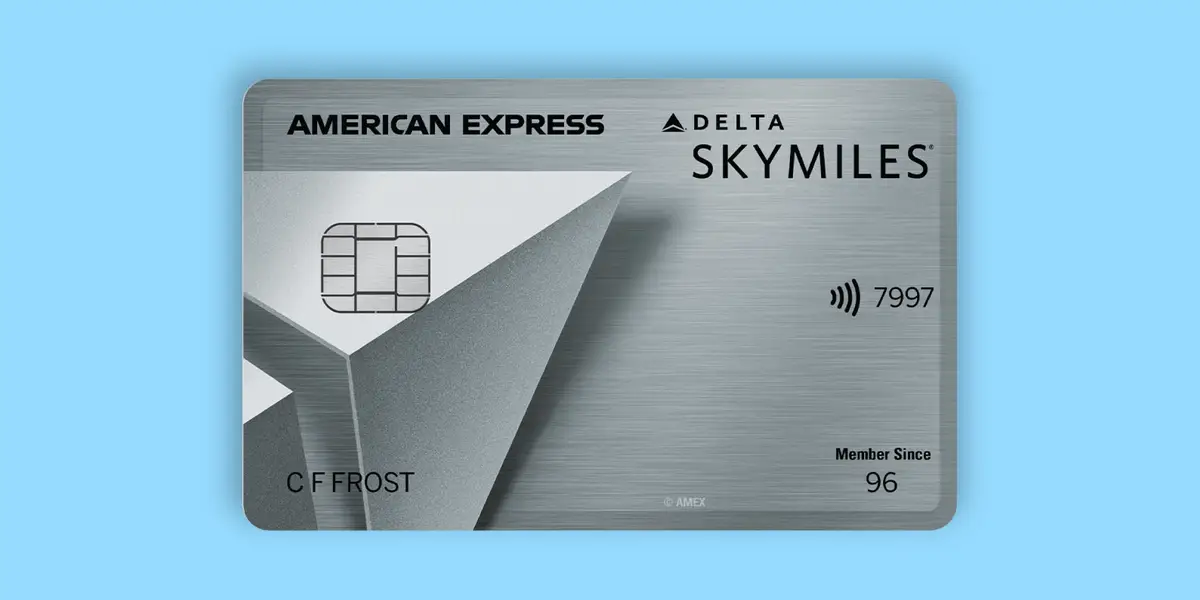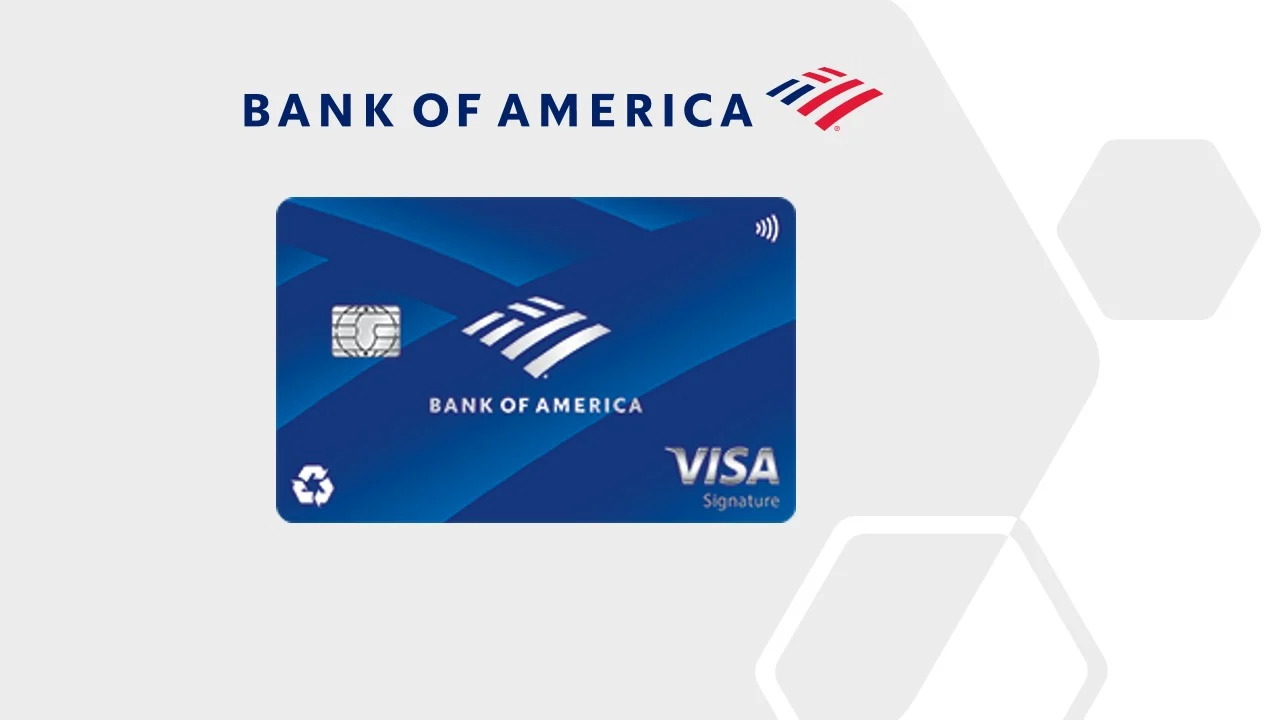How the Use of Credit Cards Can Impact Your Credit Score Over Time

Understanding the Impact of Credit Cards on Your Credit Score
Using credit cards can be a double-edged sword. While they offer convenience and security, their influence on your credit score is significant. Knowing how this impact works is crucial for anyone aiming to maintain a healthy financial profile.
Let’s consider the ways credit cards can shape your credit score:
- Credit Utilization: This is the ratio of your credit card balances to your credit limits. Keeping it below 30% is recommended. For instance, if your total credit limit across all cards is $10,000, try to maintain a balance of no more than $3,000. Higher utilization can signal risk to lenders, potentially lowering your score.
- Payment History: Paying your bills on time has a strong influence on your score. Late payments can hurt your credit significantly. If you miss a payment by 30 days or more, it could drop your score by hundreds of points. To avoid this, consider setting up automatic payments or reminders to ensure your bills are settled on time.
- Length of Credit History: The longer you have accounts open, the better it is for your score. Older accounts contribute positively. For example, if you’ve had a credit card for 10 years and another for just 1 year, the older card will enhance your creditworthiness more than the newer one. Closing older accounts can inadvertently shorten your credit history, which is generally not advisable.
- Types of Credit: A mix of credit cards and installment loans can enhance your score. Variety shows creditors you can handle different types of credit responsibly. For instance, having a mortgage and a couple of credit cards may be viewed more favorably than having just one type of credit. This diversity demonstrates that you can manage various repayment obligations effectively.
- New Credit Inquiries: Each time you apply for credit, a hard inquiry is made. Too many inquiries can temporarily lower your score. For example, if you apply for multiple credit cards within a short period, each application results in a hard inquiry, which can suggest to lenders that you are a higher risk. Space out your applications to minimize this impact.
Understanding these factors not only helps you manage credit wisely but also assists in making informed decisions about your financial future. Knowledge of credit utilization, payment history, and other metrics enables you to take proactive steps to safeguard and even improve your credit score over time. For instance, if you find yourself nearing the 30% utilization threshold, consider paying down your balances more aggressively or requesting a credit limit increase to improve your ratio. Ultimately, being mindful of how you use credit cards can lead to a healthy credit score, which is essential for obtaining loans and securing favorable interest rates in the future.
The Key Factors of Credit Score Influence
To fully grasp how credit cards affect your credit score, it’s essential to look at the key components that contribute to your overall score. The FICO score, which is one of the most commonly used credit scoring models in the United States, breaks down the credit score into five major categories. Each category has specific weightings that collectively influence your creditworthiness.
- Payment History (35%): As mentioned earlier, this is the most significant factor. Your record of on-time payments is critical. For example, consistently making your credit card payments by the due date can strengthen your score. Conversely, even one late payment can have lasting repercussions, decreasing your trustworthiness in lenders’ eyes.
- Credit Utilization Ratio (30%): This metric is also crucial for maintaining a healthy score. The general market recommendation is to keep credit utilization below 30%. If you carry a high balance relative to your limits, creditors may perceive you as overextended, which can lead to a lower score.
- Length of Credit History (15%): This aspect considers how long your credit accounts have been active. Longer credit histories, particularly with good repayment records, are typically viewed more favorably. Think of it this way: if you’ve had a credit card for 15 years with a good payment history and recently acquired another one, it’s your older card that boosts your score more significantly.
- Types of Credit (10%): A diverse credit mix can be beneficial. Having multiple types of credit, such as credit cards and a mortgage or auto loan, shows creditors that you can handle different kinds of debt responsibly. Consider someone who has an installment loan for their car and a couple of credit cards. This individual may have a stronger credit profile than someone relying solely on credit cards.
- New Credit Inquiries (10%): When you apply for new credit, lenders will conduct a hard inquiry into your credit history. Having too many inquiries within a short period can signal financial distress to potential lenders. For example, if you apply for multiple credit cards in just a few months, this could negatively impact your score. Therefore, it’s wise to space out your credit applications.
Understanding how each of these factors plays a role in your credit score is the first step toward effective credit management. By focusing on maintaining a healthy payment history, optimizing your credit utilization, and managing the diversity of your credit accounts, you can positively influence your score over time. It’s also important to remember that establishing and maintaining good credit practices is often a long-term endeavor. Simple changes in your credit card habits can lead to more favorable scores, better interest rates on loans, and enhanced opportunities for financial growth in the future.
The Long-Term Effects of Credit Card Management
Having a solid understanding of the key factors that influence your credit score sets the stage for delving into the long-term implications of credit card use. Your behavior with credit cards can have both immediate and lasting effects on your financial health and borrowing potential. Here’s a closer look at how effective credit card management can benefit you over time.
Building a Positive Credit History
One of the most substantial benefits of using credit cards wisely is the ability to build a positive credit history. By consistently paying off your balance each month and avoiding late payments, you demonstrate reliability. For instance, if you have a credit card for several years and always pay on time, your payment history contributes significantly to a higher credit score. This, in turn, can open up opportunities for better loan terms and interest rates when you apply for larger credit like a home mortgage or auto loan.
The Role of Credit Monitoring Tools
To make informed financial decisions, utilizing credit monitoring tools can be highly beneficial. Many credit card issuers provide free access to your credit score and even alerts for changes in your score or account. By regularly monitoring your credit, you can track how your credit card usage affects your score. If you notice any unexpected drops, it gives you the opportunity to identify and rectify issues promptly, such as paying down a high balance or correcting any reporting errors.
Impact of High Balances Over Time
Maintaining a high balance on your credit cards can significantly affect your overall credit score over time due to the credit utilization ratio. For example, if you have a credit limit of $10,000 and you consistently keep a balance of $7,000, your credit utilization ratio is 70%. This is considerably above the recommended 30% threshold. Over time, this behavior can lower your score and make it difficult to secure favorable rates on future credit applications. On the flip side, regularly paying off or keeping your balances low effectively keeps your utilization ratio in check, thereby boosting your credit profile.
The Benefits of Age on Your Credit Report
The age of your credit accounts, particularly credit cards, plays a crucial role in establishing your creditworthiness. Keeping older accounts active, even if you use them infrequently, contributes positively to your credit history length. For instance, if you’ve had a credit card since your college years for just moderate use and timely payments, it can reflect reliability and financial maturity to potential lenders. Closing old accounts, even ones with little activity, can inadvertently shorten your credit history, which might negatively impact your score.
Strategies for Responsible Credit Card Use
Adopting certain strategies for responsible credit card management can greatly influence your credit outcome. For example, consider setting up automatic payments for at least the minimum amount due to ensure you’re never late. Additionally, making smaller, frequent payments throughout the month can help maintain low balances and bolster your payment history. Keeping track of your spending and setting personal budgets for various categories will also encourage discipline in usage, enhancing your credit profile in the process.
In summary, the relationship between credit cards and credit scores is significant and multi-faceted. By implementing healthy habits and understanding the long-term implications, you can ensure that your credit card usage serves your financial goals well into the future.
Conclusion
In conclusion, understanding how credit card usage affects your credit score is vital for maintaining and improving your financial health over the long term. By using credit cards responsibly—such as making timely payments, keeping balances low, and utilizing credit monitoring—you can effectively build a solid credit history that speaks to your reliability as a borrower. Remember that payment history is the most significant factor impacting your score. Thus, adopting strategies like automatic payments can help safeguard against missed deadlines.
Additionally, being mindful of your credit utilization ratio ensures that you are not over-leveraging yourself, which can lead to a decline in your score. It’s important to maintain a balance between utilizing your credit and keeping your balances within a manageable range. Remember, older accounts can positively influence your credit history, so think twice before closing any long-standing credit accounts.
Moreover, consider leveraging available credit monitoring tools to keep yourself informed about your credit status. This proactive approach allows you to address issues promptly and ensures that you stay on top of your financial game. Ultimately, by applying these principles and maintaining healthy credit habits, you not only improve your credit score but also enhance your borrowing power for significant future purchases, such as a home or a vehicle. Your credit card management is not just about today; it is an investment in your financial future.


